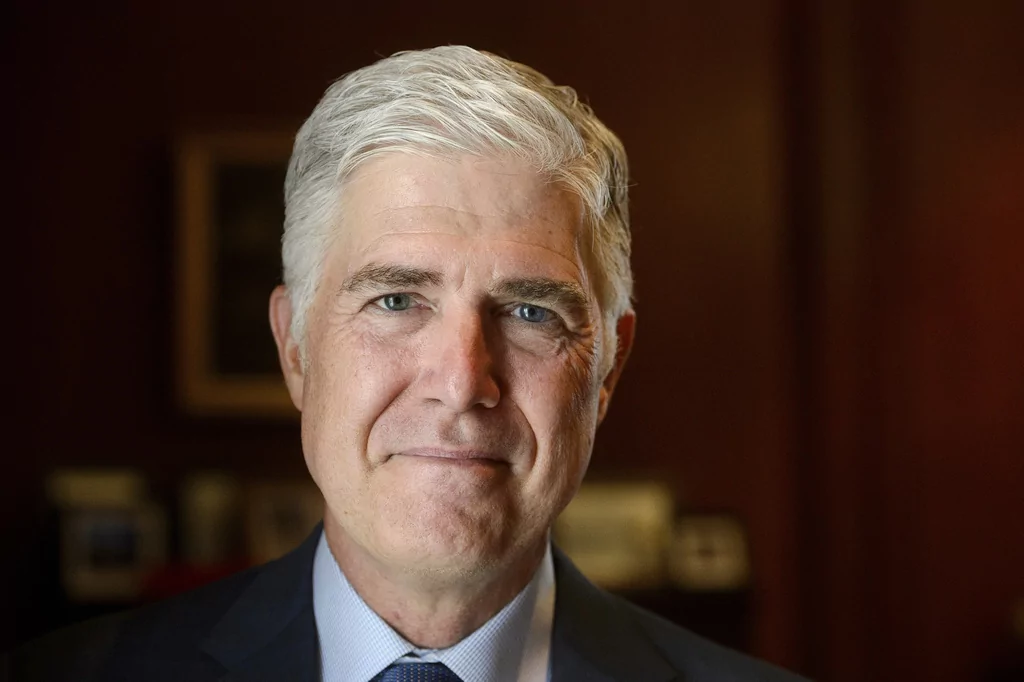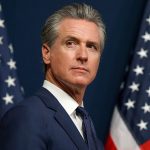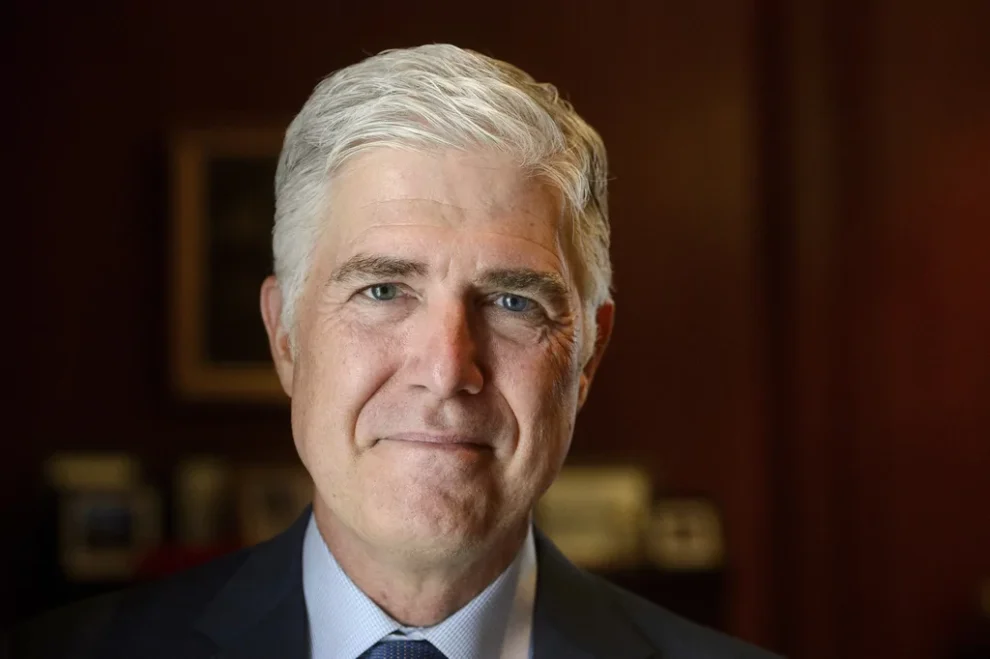Justice Neil Gorsuch had a firm response to Joe Biden’s proposals to reform the Supreme Court, telling the president to “be careful” with his plans.
Gorsuch was asked by Shannon Bream of Fox News Sunday about Biden’s stated suggestions. “You’re not going to be surprised that I’m not going to get into what is now a political issue during a presidential election year. I don’t think that would be helpful,” the justice said at first.
He then emphasized the importance of an independent judiciary, saying it “means that when you’re unpopular, you can get a fair hearing under the law and under the Constitution.”

In defending the Supreme Court in its current state, the justice added that they are there “for the moments when the spotlight’s on you, when the government’s coming after you, and don’t you want a ferociously independent judge and a jury of your peers to make those decisions?”
“And so I just say, be careful,” he concluded.
Biden laid out his Supreme Court reform agenda last Monday with a “bold” three-part proposal: A “No One Is Above the Law” constitutional amendment to state a former president does not have immunity for crimes carried out in office; term limits for Supreme Court justices; and a “binding” code of conduct for the high court. Vice President and presumptive 2024 Democratic presidential nominee Kamala Harris endorsed the plan.
While many Democrats have accused the Supreme Court and its conservative justices, particularly Clarence Thomas and Samuel Alito, of undermining democracy by being partisan, Republicans have countered by arguing that Democrats only seek change because they are in the minority. Republicans have a 6-3 majority on the high court. Thomas and Alito have denied having any bias.
CLICK HERE TO READ MORE FROM THE WASHINGTON EXAMINER
Gorsuch was appointed to the Supreme Court in 2017 by then-President Donald Trump. He, at 56 years old, is one of three conservative justices in their 50s.
Gorsuch spent most of the interview with Bream speaking about his book being released on Tuesday, Over Ruled: The Human Toll of Too Much Law. In it, he argues everyday citizens are overburdened by too many laws and regulations.
























